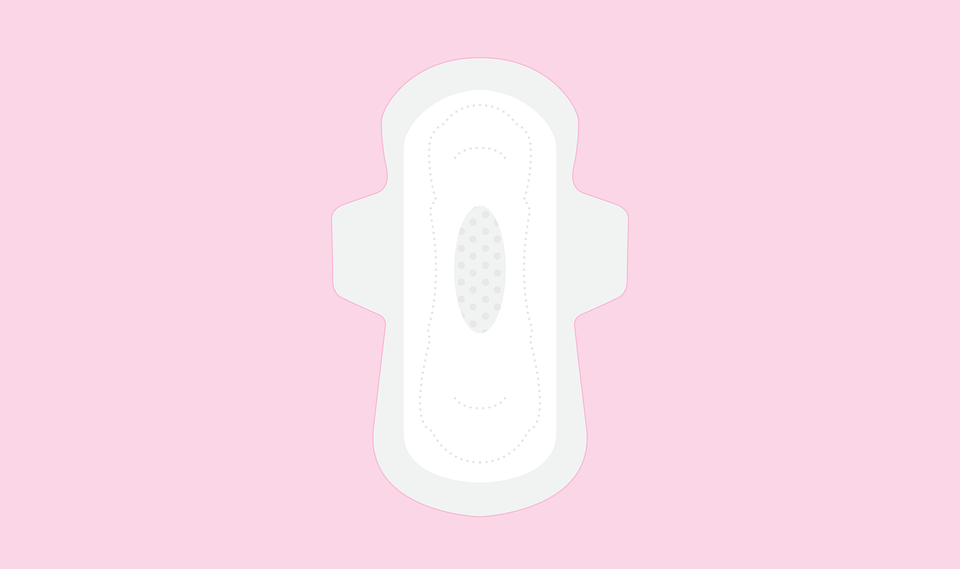Its official. The NHS has finally agreed that women in hospitals across England will be provided with free sanitary products whenever they are needed, commencing this summer. Does this prove that the NHS are taking a step forward, or just that they were already a few steps behind?
The British Medical Association conducted a study in February, which concluded that 42% of hospitals and health boards in the UK either did not provide their inpatients with any free sanitary products, or they did so in short supplies and in the cases of an emergency. Their campaign also noted that many hospitals allowed men access to free razors and shaving foam, and yet, had no sanitary products to offer. Following their campaign, NHS England demonstrated their agreement with the British Medical Association, arguing that it was “absolutely right” to allow women access to free sanitary products when they are needed. As a result of this, NHS England agreed to make it a new policy across hospitals in the UK for the following year.
Yes, it should most definitely be acknowledged that the NHS agreeing to finally make it a policy for these products to be supplied free to female inpatients is an incredible step forward. It goes without question that this is a cause for celebration, particularly when considering how it allows for a much lower rate of embarrassment and inconvenience amongst the patients. However, one cannot help but question why this was not already a policy, or, even further, why it has taken so long to become one. It is without doubt, that sanitation products are of much more significant use both regarding health and embarrassment amongst female patients, than shaving is for men. In light of this, all we can ask is, why have we been made to wait this long to finally be gifted the privilege of maintaining a natural bodily function. Surely, handling the issue of menstruation is far more critical and significant than a clean shave is.
The BMA, also argues a similar case, stating that there is a number of women who cannot even afford sanitary products for themselves, and that this inability to provide for one’s own menstrual health has a significant impact on one’s feelings of self-worth and dignity. As a result, the BMA argues that “the impact on the wellbeing of a patient far outweighs the relatively small cost to the NHS”. They are using this as part of their move to end period poverty across the UK as they also push for this newly incorporated policy to be applied to all hospitals across the country rather than just a majority. Their movement seeks to help support women who cannot support themselves financially in regard to sanitary products, as well as those who struggle with feelings of shame or embarrassment when unexpectedly caught in need of a sanitary product.
Thus, while praising this movement, one cannot help but wonder why a movement as significant and necessary as this, has taken so long to come into being.
Celine Basma

